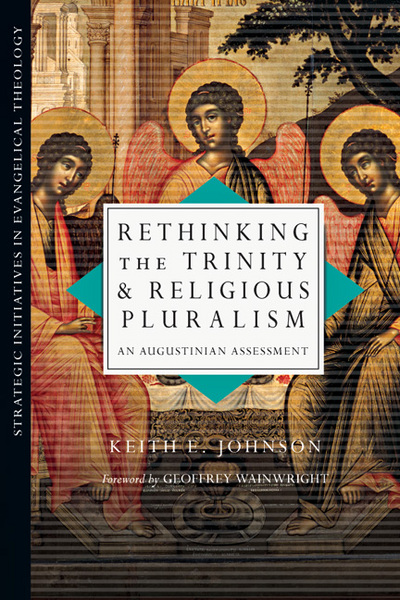
Rethinking the Trinity and Religious Pluralism: An Augustinian Assessment PDF
Preview Rethinking the Trinity and Religious Pluralism: An Augustinian Assessment
Increased interest in the doctrine of the Trinity has led to its use in formulating new, pluralistic approaches to the theology of religions. But theologian Keith Johnson is convinced that many of these forays are not salutary for Christian faith.Here Johnson critically engages the diverse proposals of Mark Heim, Amos Yong, Jacques Dupuis and Raimundo Panikkar.
Johnson grounds his evaluation in an extended study of St. Augustine's trinitarian theology. Not only has this doctor of the church provided an ecumenical theological standard down through the ages, but, Johnson argues, one that should continue to serve as a criterion for faithful trinitarian thinking now.
Locating the points at which the four proposals diverge from the Augustinian norm, Johnson delves into essential aspects of the trinitarian doctrine including immanence and economy, the relations of the divine Persons, and the proper use of the vestigia trinitatis in creation. Johnson's critique of these intriguing experiments draws attention to the methodological errors that plague attempts to apply the doctrine of the Trinity to a wide range of topics.
